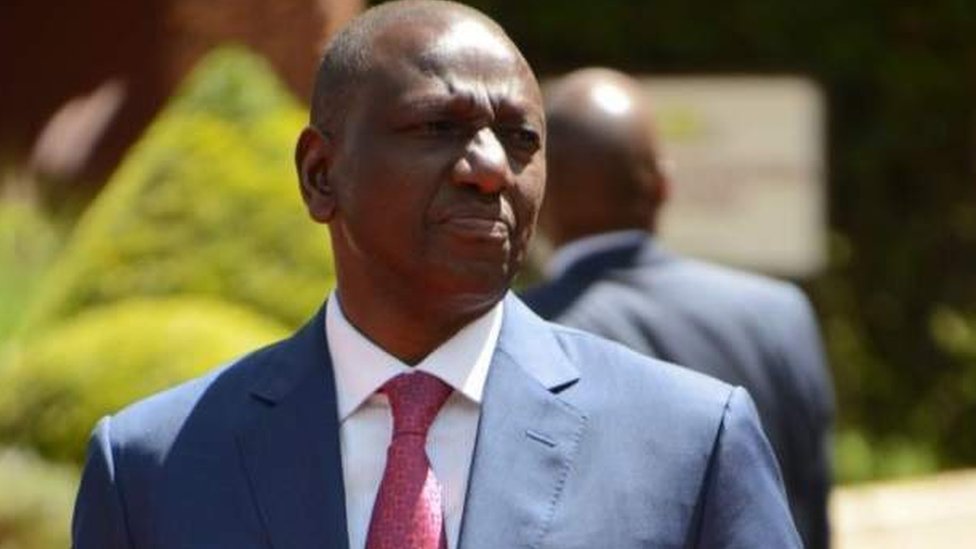Kenya rejects accusations of fueling Sudan conflict

![Kenya’s President-Elect William Samoei Ruto. [Photo by the BBC]](https://i0.wp.com/www.sudanspost.com/wp-content/uploads/2022/08/110933219_e26b8b4c-7871-4282-a06a-c2fe3156de5b.jpg?resize=976%2C549&quality=89&ssl=1)
In a statement released on Tuesday, Kenya expressed “deep concern” over what it termed “harsh and baseless accusations” from Sudan’s military leadership. Nairobi reaffirmed its commitment to peaceful mediation through regional bodies.
The statement, issued by Kenya’s Ministry of Foreign Affairs, responded to a memo reportedly from the SAF accusing Kenya of siding with the paramilitary Rapid Support Forces (RSF) and aiding the division of Sudan.
These allegations follow Kenya’s decision to host a political conference in Nairobi that included Sudanese civilian and armed groups aligned with the RSF. The SAF has viewed these initiatives as an attempt to establish a parallel government in RSF-held areas, an accusation Kenya firmly rejects.
“Kenya will not remain idle in the face of regional instability,” the foreign ministry stated, adding that its actions are part of its obligations as a member of the Intergovernmental Authority on Development (IGAD).
“We met separately with leaders of the warring Sudanese Factions in Nairobi in good faith, as part of our peace mediation,” the statement said.
Kenya clarified that it had not organized or endorsed any meetings aimed at forming an exiled or parallel Sudanese government, emphasizing that “hosting dialogues does not amount to supporting their outcomes.”
The Sudanese government, currently based in Port Sudan, reacted to Kenya’s stance by recalling its ambassador from Nairobi and suspending tea imports from Kenya—an economically symbolic move highlighting increased tensions.
In recent months, Sudanese officials have increasingly accused Kenya of favoring the RSF, particularly after President William Ruto appointed former general Lazarus Sumbeiywo as a lead mediator in Sudan’s crisis, a move rejected by the SAF.
Nairobi’s hosting of political figures aligned with the RSF has further fueled mistrust.
Adding to the controversy, Kenya’s former Deputy President Rigathi Gachagua—ousted last year amid corruption charges—publicly accused President Ruto of forging business ties with RSF commander Mohamed Hamdan Daglo, widely known as Hemedti.
“Ruto is the true commander of the RSF,” Gachagua allegedly stated recently, claiming the president facilitates money laundering operations involving Sudanese gold through Kenya. These claims remain unverified and have been dismissed by government officials as politically motivated.
The RSF has been accused by rights groups and UN investigators of committing atrocities, including ethnic cleansing, sexual violence, and targeting civilians—especially in Darfur and the capital, Khartoum.
As international efforts to mediate the conflict stall, Kenya’s role has come under scrutiny, with some Sudanese actors viewing its engagement as biased.
Despite the growing tension, Kenya insists it will continue its push for peace.
“We urge the international community to act decisively to end the bloodshed,” the statement concluded, calling on all Sudanese parties to embrace dialogue and adhere to international humanitarian obligations.
sudanspost.com